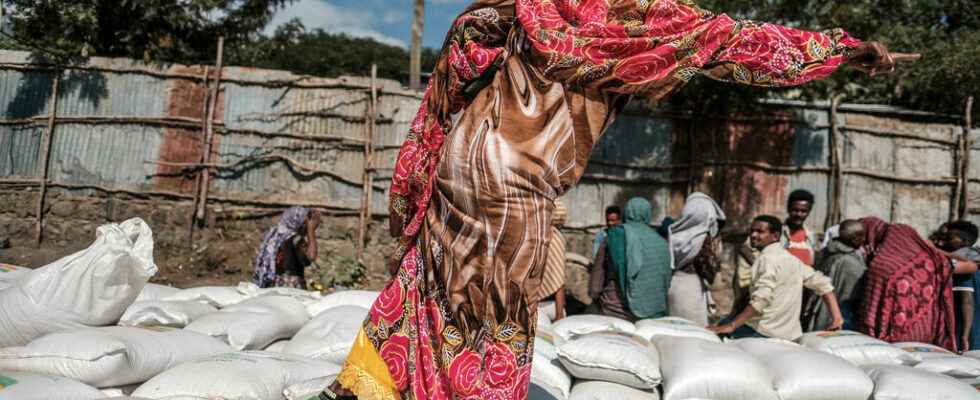In Ethiopia, the Eritrean refugees stuck in Tigray lived through a nightmare with no way out throughout the war and still find themselves deprived of everything today. This is the conclusion of an investigation report produced by two Eritrean academics and a human rights activist on the basis of a hundred testimonies.
Entitled “Between the hammer and the anvil”, this report details the expulsions from their makeshift camps, the kidnappings, racketeering and brutality but also the numerous rapes and arbitrary executions they suffered, at the hands of all the belligerents, including the army of the country they had fled, Eritrea.
Professor Awet Weldemichael, professor at Queen’s University of Ontario in Canada, is one of its authors. Reached by RFI, he explains to Leonard Vincentfrom the Africa editorial staff, what it is like to be an Eritrean refugee in Ethiopia today.
“ To begin with, being a refugee is a humiliating, dehumanizing experience that no one chose. People are forced to become refugees by the circumstances in which they have been put. The situation of Eritrean refugees is no exception. Like Tigrayan civilians, they were hemmed in by war and unable to make contact with the outside world. But they were also targeted by belligerents who each had their reasons for attacking them. And even those who had managed to flee and made it to Addis Ababa, the Ethiopian government expelled them and contemptuously returned them to the same camps from which they had fled. The fate reserved for them is therefore traumatizing, brutal, dehumanizing. You could say in a way that while trying to escape a fire, they were forcibly thrown into the fire. »
Read also Ethiopia: UNHCR’s appeal to help Eritrean refugees from destroyed camps in Tigray
